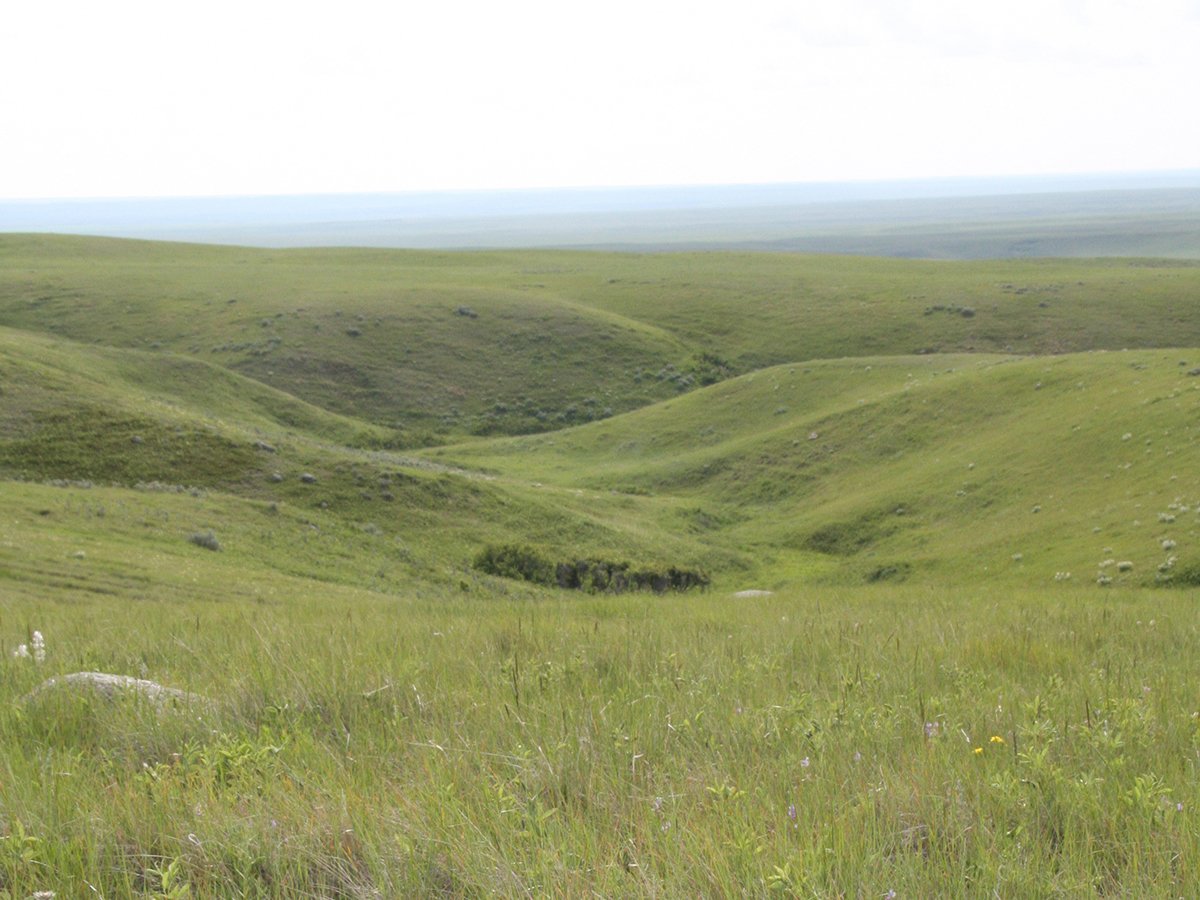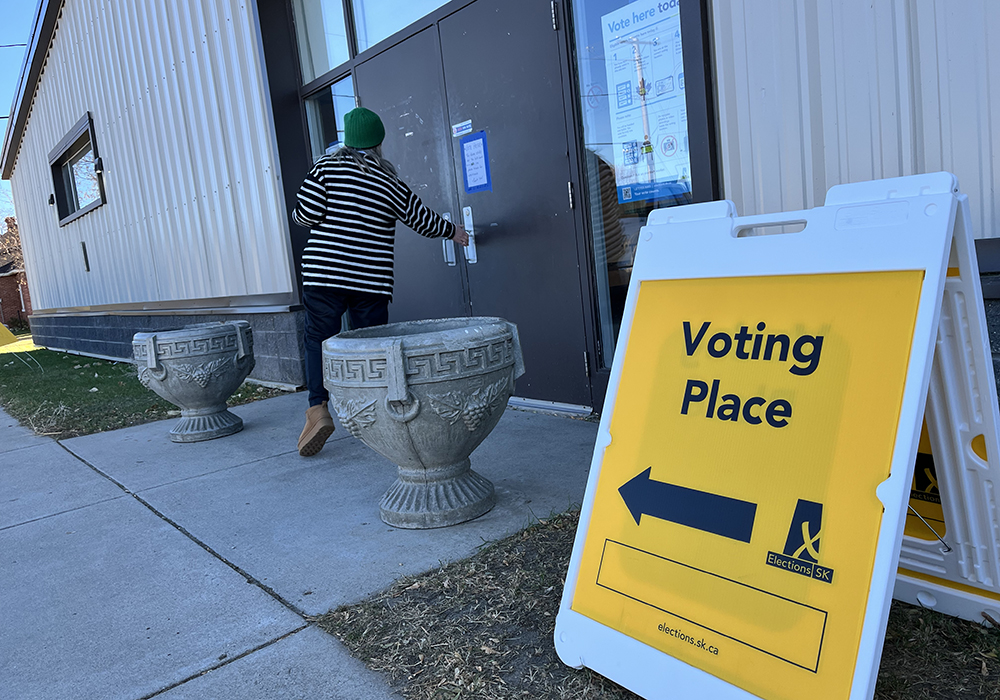This is being written one day ahead of Saskatchewan election results. My prediction, for what it’s worth, is an NDP win. If that’s the case, a lot of farm organizations are going to wish they had taken more opportunities to connect with the NDP while the party was in opposition.
A year ago, the NDP didn’t seem like a serious contender. The Saskatchewan Party was coasting along with what seemed like a comfortable lead in the polls. NDP leader Carla Beck was not a household name in the province.
After years of Sask. Party rule and with the party’s stranglehold on rural ridings, why bother trying to arrange meetings with the opposition party? Just who the heck was the NDP ag critic anyway?
Read Also

Alberta irrigation project on grasslands approved
Environmental concerns raised by Alberta conservation groups over irrigation expansion project within rural municipality
The Saskatchewan election shows just how quickly political winds can shift direction. Political parties sometimes remain in office for a long time, but eventually change will come. Even in Alberta, a different political stripe can sometimes be elected.
I’ve been involved with a number of organizations that would occasionally request a meeting with the provincial agriculture minister. Sometimes there was a specific issue of concern, but other times it was more a case of touching base and raising awareness. Seldom was a meeting with the official opposition contemplated.
If my prediction is correct and it is an NDP win in Saskatchewan, groups will be lining up to make contact and raise awareness on issues.
If my prediction is incorrect and the Sask. Party retains power, the NDP showing is likely to be strong enough that groups will take the party much more seriously in the years to come.
Many Saskatchewan elections have been fought with agriculture at the forefront. This was not one of them. Education funding, health care and affordability were the top themes, with each side promising more program spending, tax reductions and somehow a miraculously balanced budget before the end of their term.
The NDP platform published on its website promised a crackdown on illegal foreign ownership of farmland, but this plank wasn’t widely promoted. That’s too bad because a lot of people would like to see more scrutiny and transparency in farmland ownership.
One of the tangible differences between the two parties is Lake Diefenbaker irrigation expansion.
The Sask. Party is moving ahead with a phased approach. The NDP is quoted as saying it would review expansion plans. At the very least, that would mean delays. Quite possibly, irrigation expansion would again go onto a back burner.
Unfortunately, this issue did not become part of the election debate.
Many farm organizations support irrigation expansion, including the newly constituted Irrigation Saskatchewan. One wonders how much lobbying they have done with the NDP.
Some political parties are so small they aren’t worth much effort. The Liberal Party of Saskatchewan was so desperate it changed its name to avoid ties with its unpopular federal counterpart. Still, it’s unlikely to emerge from the political wilderness.
Federally, the Conservative party is itching to unseat the Liberals and form government. That may happen and the Liberals might face a big defeat, but they won’t disappear like they have in Saskatchewan. Agriculture shouldn’t write them off because in four or eight years, they could well be back in power.
When it comes to politics, don’t just talk with your friends; be as non-partisan as possible while making your case, and remember that political parties don’t remain in power indefinitely.
Kevin Hursh is an agricultural journalist, consultant and farmer. He can be reached by e-mail at kevin@hursh.ca.


















